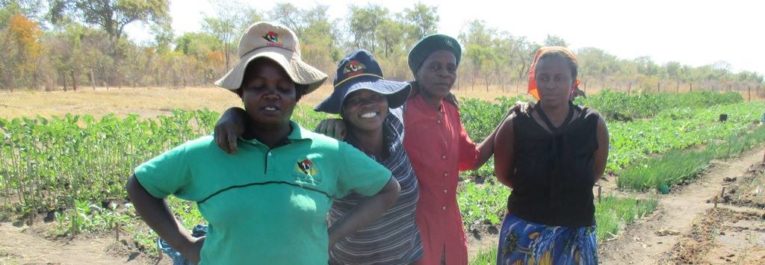
First published in Farming Matters | 32.3 | September 2016
20 SEPTEMBER 2016
Social integration and cohesion provide a foundation for society to tackle various issues, including gender inequality. Learning and sharing, at the core of agroecology, provides women with the space to meet regularly and mobilise for various issues including equality. Cohesion is strengthened through, for example, horizontal learning exchanges and by keeping cultural and religious practices alive with rituals and ceremonies. This creates social conditions that erode patriarchal barriers: women are mobilised and the silos of patriarchy that kept women within the homestead and crop fields are less now. This has changed the mindsets of policy makers, traditional leaders and men in the home. The evidence – seen in Africa, Latin America and Asia – is improvements in women’s rights. These include access to and control over land, inheritance, and active roles in decision making by women.
No conventional accounting can capture the real profits from agroecology. But besides the fact that a billion rural farmers feed about 60 % of the world with diverse and nutritious crops, we do know that agroecology is changing the lives of women farmers and their communities. Through this lens, industrial agriculture, with its collateral damage to soil biology, the atmosphere and to social cohesion, cannot be justified.
Elizabeth Mpofu (eliz.mpofu@gmail.com) is the General Coordinator of La Via Campesina and the chairperson of the Zimbabwe Organic Smallholder Farmers Forum (ZIMSOFF). She is Farming Matters’ regular columnist for 2016.–
How to attribute important social change to agroecology? Elizabeth Mpofu argues that agroecology builds social cohesion, providing the foundation for gender equality.
There are no recipes in agroecology. Instead, its manual is in the heart and minds of those who practice it, which is evident in their interactions with the environment and other people. Harmony with nature and nutrition takes precedence over profits. This anchors our culture, shapes our identity and sets the parameters for our transformation as a society.
Personally agroecology has enabled me to learn from other women and to promote and create awareness about women’s issues. Through agroecology, women have contributed to shaping a society and healthy communities based on justice and solidarity. This society is able to withstand and adapt to an ever changing environment – socially, politically and economically.
Finding indicators to measure these impacts is not easy, especially during this era concerned with statistics, costs and profits. Most assessments of agroecology focus on ecological benefits such as no use of chemical fertilizers and diversification, but very little attention is given to gender aspects. Such a bias hides the impact agroecology has as an instigator of social change and as a result, such changes are attributed to other causes such as policy shifts. How then to duly attribute important social change to agroecology?
